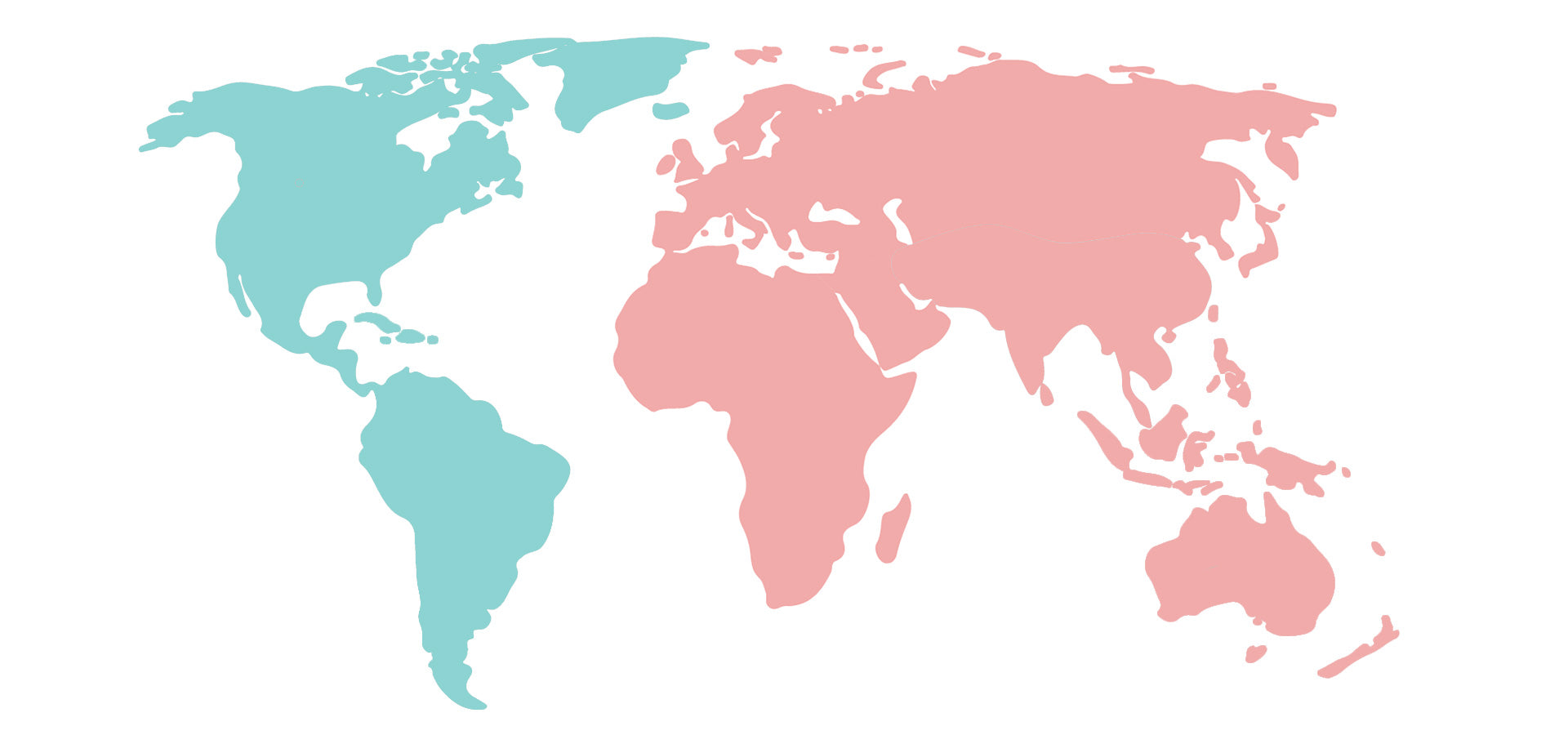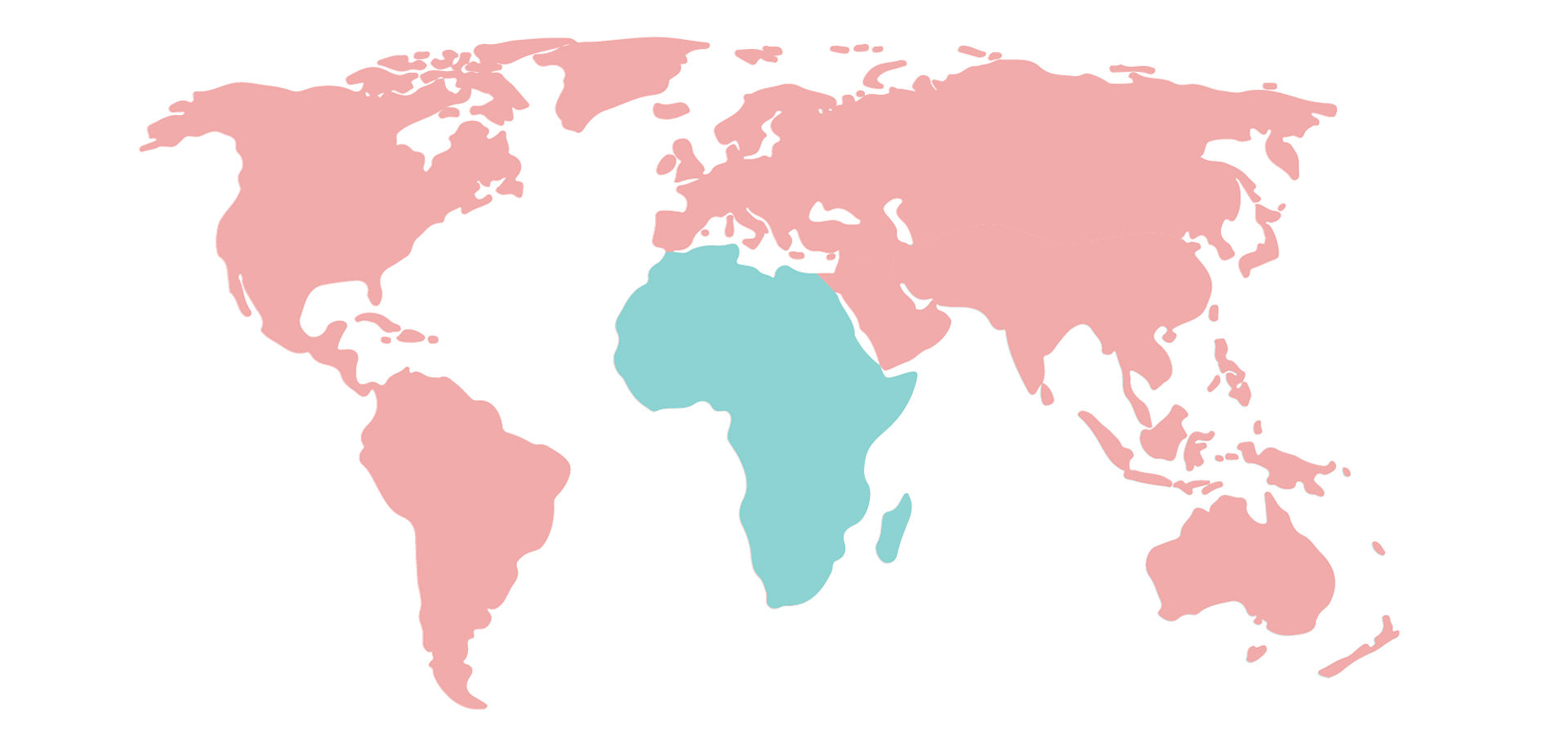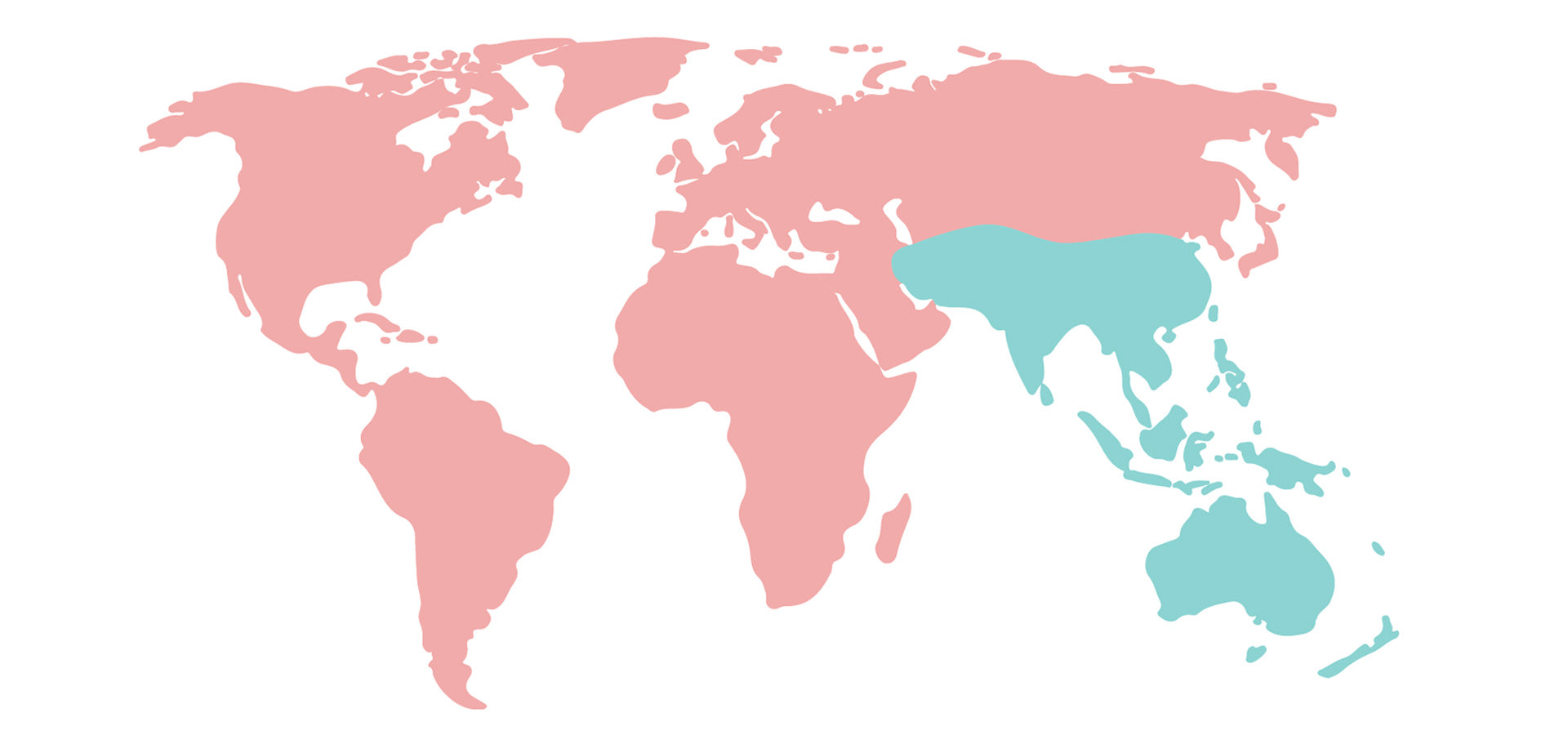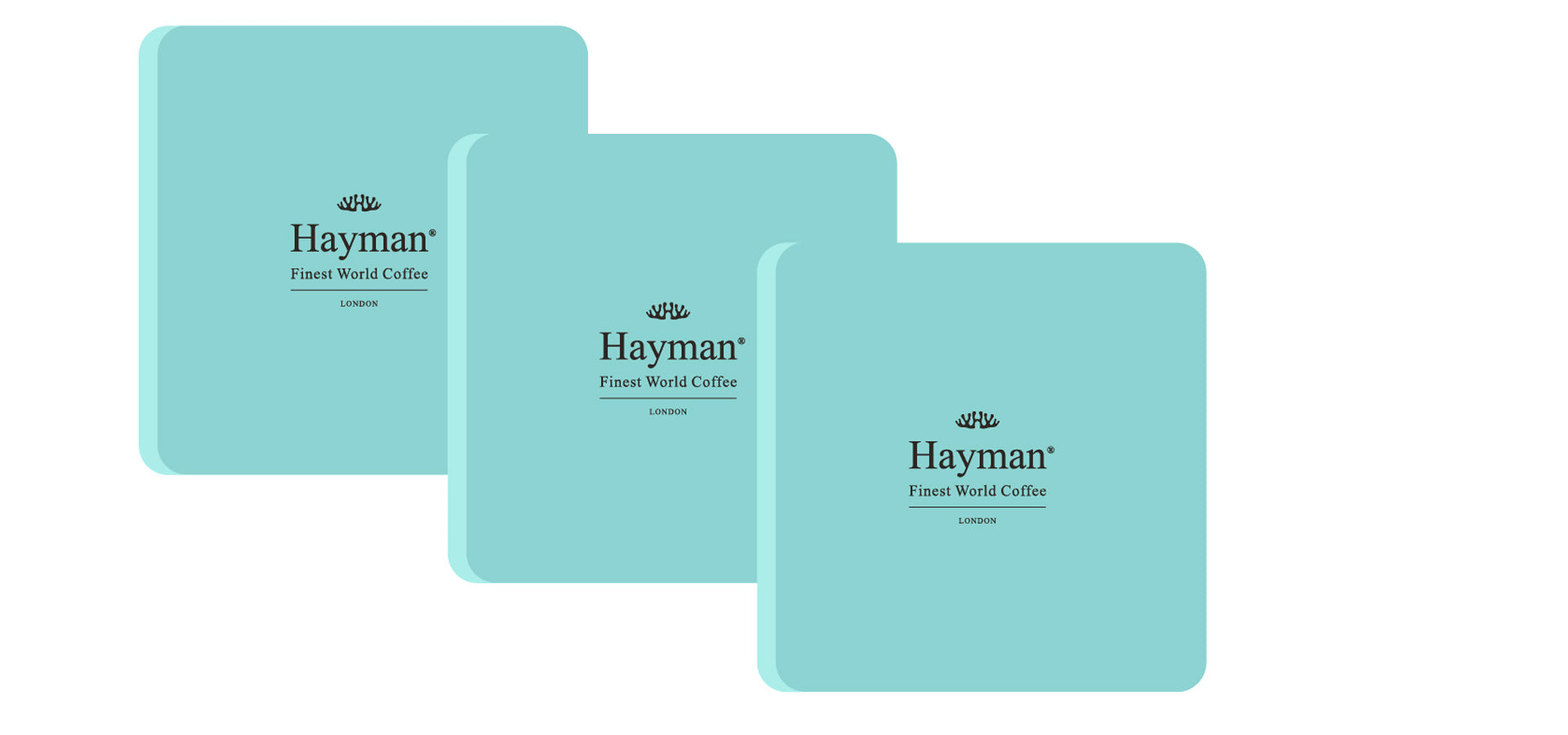How is Decaf Coffee Made? | Decaffeinated

We’re often asked two very simple yet very important questions by our customers:
- How is decaf coffee made?
- Is decaf coffee as good as regular coffee?
Traditionally, decaf has always been seen as something of a substandard representation of the ‘real’ thing. To such an extent that the vast majority of people both assume and accept that decaffeinated coffee is inferior.
In reality however, this isn’t necessarily the case at all. In order to better-understand decaffeinated coffee in terms of quality, you first need to know a little more about how decaf coffee is made.
The Decaffeinating Process
There are essentially two methods for decaffeinating coffee used by producers worldwide. One of which typically being accepted as safer and more responsible, while at the same time producing superior quality decaf.
- Solvent decaffeination. Many producers worldwide continue to use a process that involves the use of solvents. A relatively typical mass production method, solvent decaffeination begins with the extraction of the compounds from within the green coffee beans using water. Solvents are then used in conjunction with heat to remove the caffeine, after which the solvents are removed from the water and the flavour/aroma compounds re-introduced to the coffee beans. Despite the fact that the solvents may not come into direct contact with the beans, it is impossible to eliminate every trace from the solution used to re-introduce the compounds. The most commonly used solvents today are methylene chloride and ethyl acetate, though some producers have been known to use benzene, trichloroethylene (TCE), dichloromethane and even chloroform.
- Swiss Water Process (SWP). The alternative approach is referred to as the Swiss Water Process, which has been used all over the world for more than 80 years. All solvents and chemicals are removed from the equation entirely, using nothing but water to extract the compounds from the green coffee beans and eliminate most of the caffeine. The caffeine is removed by a series of activated charcoal filters, after which the initial batch of beans is discarded and the liquid introduced to a fresh set of beans. The resulting chemical reaction extracts the caffeine from the new batch of beans, without having a detrimental effect on the essential oils and flavour compounds within.
Residual Caffeine
Contrary to popular belief, decaf coffee is never truly decaffeinated. In order to qualify as decaffeinated, it is necessary for the respective coffee to have at least 97% of its original caffeine content removed. Irrespective of the method chosen, it is rare for the resulting coffee to have anything more than around 98% of its normal caffeine content extracted.
This in turn means that all decaf still contains caffeine. The extent to which will be determined by its original caffeine content, along with the effectiveness of the extraction method. Nevertheless, the trace amounts of caffeine that remain in decaffeinated coffee are typically insufficient to cause any of the positive or negative effects associated with caffeine consumption.
From a quality producer, decaf coffee has the potential to be every bit as rich and decadent as caffeinated gourmet coffee.
At Hayman’s online coffee store, you will find the world’s best decaf. Contrary to most other decaf coffees, which are decaffeinated using potentially harmful solvents and chemicals, Hayman’s splendid Mexico Chiapas Organic Decaf is decaffeinated through the innovative Mountain Water Process, a 100% chemical-free decaffeination method. Click here to order our incredible Mexico Chiapas Organic Decaf today, we offer free worldwide shipping!










